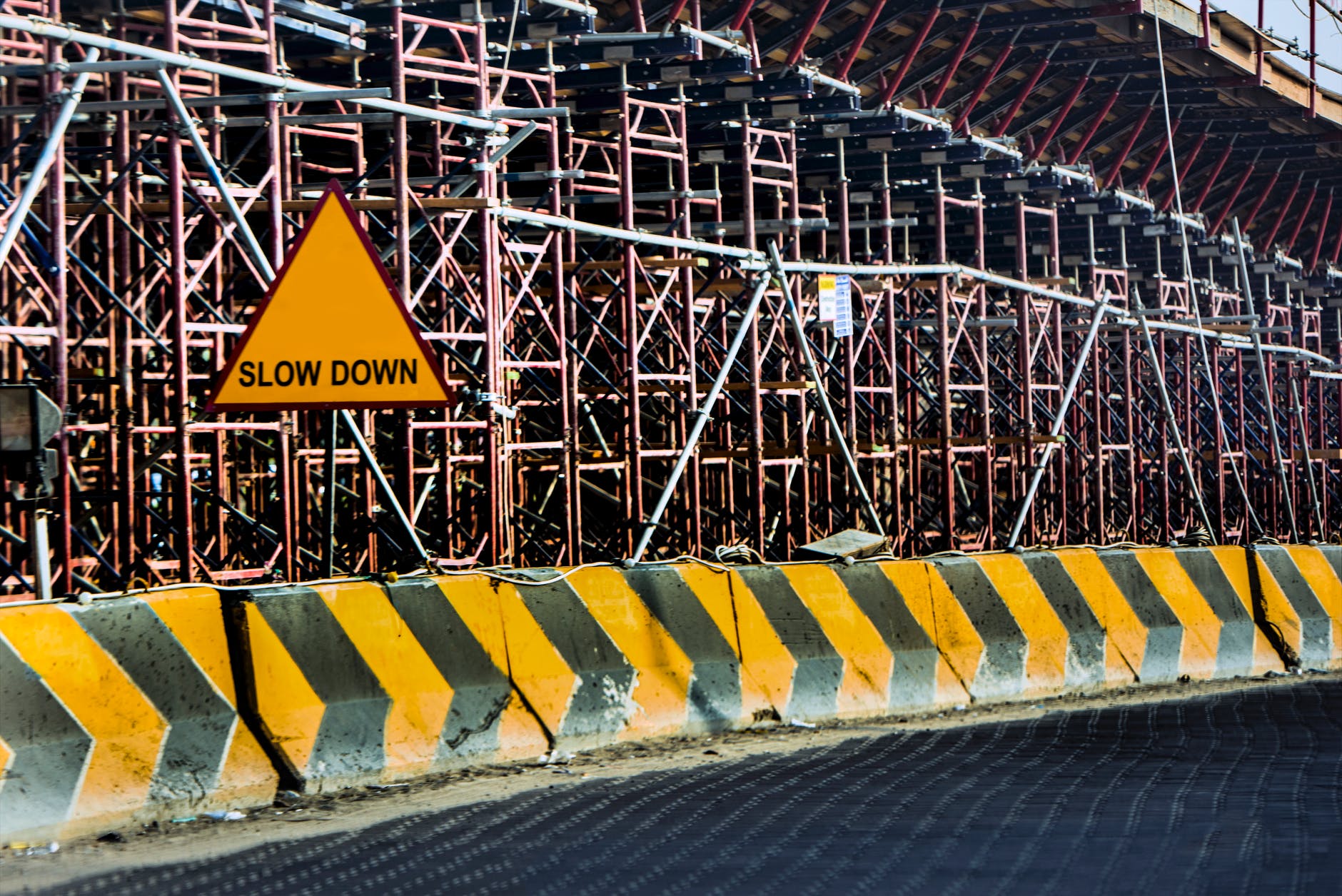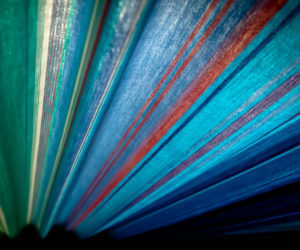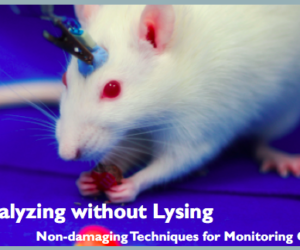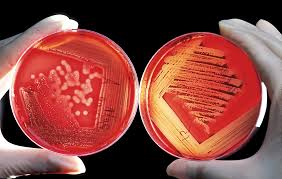Tag: science journalism
-

A year into the pandemic, much more is known about the coronavirus. In any study, especially scientific ones, it takes time to collect data, it takes time to collect samples, it takes time to run experiments, and it takes time to find the right and diverse sample size to have meaningful and representative data. However,…
-

After you get home from work, perhaps after eating dinner, you may start working on other projects that you have, something that you might call a hobby. Humans aren’t the only ones that have a life after hours. Recently it’s been discovered that many proteins also have roles in the cell outside of their main…
-

After the inauguration of president Trump, peaceful protest rallies were planned namely the March for Women to support women’s rights and the continuation of funding going to women’s health, and the March for Science to promote the role of scientific research in government policy. As a female scientist, it might surprise you to hear that…
-

Understanding the Gravity of a New Theory Both the motions of planets orbiting around the sun and a pencil rolling off the table onto the floor are described by the gravity. However, despite this phenomena being so easily recognized, why and how it happens is still very much up to debate. Theories of gravity have…
-

The peer review process in science publication has been imperative in making sure that articles and journals written are based off data that was obtained ethically. With the push to make publications more transparent and cheaper, the importance and existence of peer reviewing have been called into question. How Peer Review Works Right Now It…




